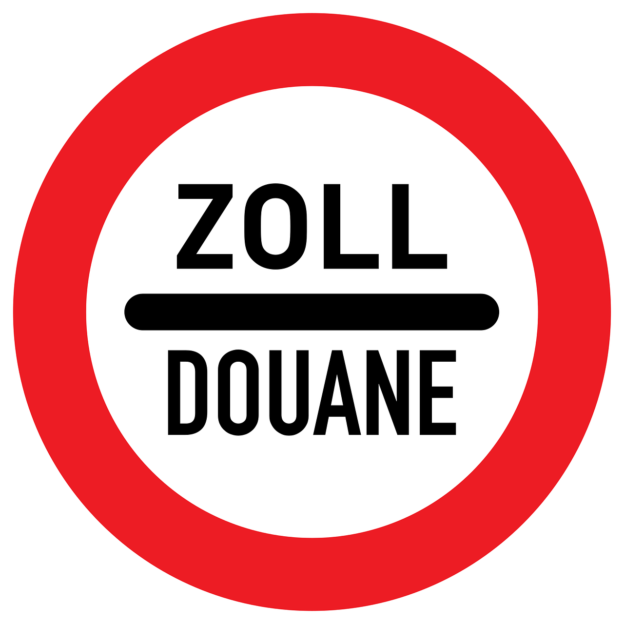Article 60 of the National Customs Code governs the searches of vehicles and individuals. More broadly, it enables customs officers to combat trafficking of all kinds, from small-scale trafficking to organized crime involving narcotics or tobacco.
This article, stemming from a decree dated December 8, 1948, was declared unconstitutional on September 22, 2022. The main consequence did not take long to appear and resulted in legal uncertainty surrounding the framework for searches.
The central role of customs in the fight against various forms of trafficking is beyond doubt, as evidenced by the figures for 2022. Customs seized over 104 tonnes of drugs, with an estimated street value of over one billion euros, 640 tonnes of tobacco and cigarettes, as well as over 11 million counterfeit articles.
The proliferation of various delinquent practices and their increasing complexity justifies the different means that customs can employ to address them. Customs enforcement is carried out through the National Customs Code, which grants customs officers extensive powers in common law.
Before being censored by the Constitutional Council, Article 60 notably stated that “for the application of the provisions of this code and for the purpose of detecting fraud, [customs officers] may carry out inspections of goods and means of transport, as well as of individuals”. The decision of the Constitutional Council is justified by the lack of a framework that takes into account, for example, the places where these inspections are carried out or the existence of plausible reasons to suspect the commission of an offense.’ In other words, an excessive infringement on the right to freedom of movement and the privacy of individuals is recognized.
The date on which these provisions will be repealed is set for September 1, 2023. Following this, an intervention by the legislator became more than necessary to avoid the creation of a legal void, while considering the fact that customs is facing significant challenges due to the ever-increasing inventiveness of traffickers
The decision 2022-1010 QPC on September 22, 2022, required a reform of customs inspection rights, and the government submitted a bill last April aimed at “empowering customs to face new threats.” This bill, in addition to addressing the QPC decision, included new provisions in customs matters.
Ultimately, the law aimed at empowering customs to face new threats was enacted on July 18, 2023, and published in the Official journal on July 19, 2023.
In general, this law pursues various objectives that can be summarized as follows:
- Reforming the customs inspection rights for customs officers following the 2022 QPC decision,
- Modernizing the powers of customs officers,
- Taking action and strengthening the means to combat different types of fraud/trafficking.
The major novelty lies in the framework of the inspection rights granted to customs officers. Not reformed since 1948, the right to inspection now depends on the geographical location of its exercise. While this inspection right remains full and unrestricted within the customs zone (i.e., 40km inside the territory) as well as in ports, airports, international railway stations, and roads, it is limited in all other cases.
As a result, for instance, the inspection of a vehicle parked in a shopping mall’s parking must be justified and motivated.
In addition to being justified, the right to inspection must be based on reasonable grounds to suspect a customs offense.
The law also considers new customs threats, particularly related to new technologies, by allowing:
- Seizure of digital equipment and documents,
- Removal of online content that characterizes a customs offense.
Money laundering offenses now covers money laundering through crypto-assets, such as Bitcoin.
Lastly, the law adapts the resources available to customs by creating a customs operational reserve. The service for judicial investigations of finances (SEJF) becomes the National Office for Anti-Fraud of Public Finances (ONAF).
Another significant novelty is the creation of financial police officers. Under this designation, tax and customs agents will be grouped together to conduct investigations more effectively.
Regarding the reinforcement of the fight against all kinds of trafficking, the use of drones is now authorized by the law and represents a major example of this approach.
The link to the law text is as follows: https://www.legifrance.gouv.fr/jorf/id/JORFTEXT000047858021
Our team remains at your entire disposal for any further information at the address provided

